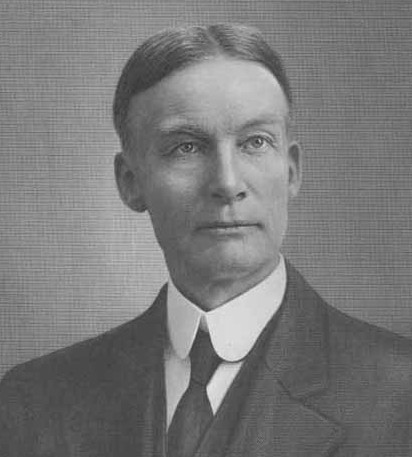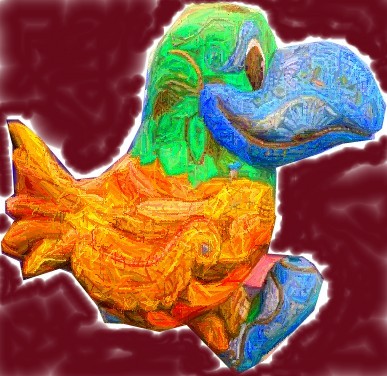In the final minutes of today’s movie, sociologist Richard Ofshe testified on behalf of Jessie Misskelley, one of the teens accused of murdering the three boys. Misskelley’s defense team hired Richard Ofshe to examine the interrogation transcript and, drawing on his considerable expertise in false memory syndrome and false confession, he testified that Jessie Misskelley offered a false confession resulting from a manipulative interrogation. Ofshe suggested that a psychologically coercive interrogation led Misskelley to confess to something he didn’t do. On the stand, he pointed to inconsistencies in Misskelley testimony and areas where the police were feeding him the answers that they wanted to hear.
If you’re enrolled in our Blackboard site, you can access an excerpt from his testimony as the top item in our Course Documents folder, or you can read his full testimony here:
http://www.wm3.org/live/trialshearings/documents.php?docid=103
Your GTA will show the final 40 minutes of the film focusing on the joint trial of Jason Baldwin and Damien Echols. There’s a lot left out, but you should be able to get the main outlines of the case and the central defense and prosecution strategies. Like the McMartin preschool case, the story of the West Memphis Three brings together some of the sociological themes and ideas we’ve covered so far: class inequality, cultural capital, labeling, media hegemony, and moral panic. Just as there are some people who insist that McMartin was a hotbed of santanism, some still insist on the guilt of Misskelley, Baldwin, and Echols. It’s safe to say that a consensus has grown over the last 15 years that they’re innocent, and most of the web resources will reflect that view. For an update on the case, you can read the article from the Economist (April 19, 2008) located in our Course Documents folder. There are plenty of online resources as well:
http://www.wm3.org/live/faq/faq.php
http://www.crimelibrary.com/notorious_murders/famous/memphis/index_1.html
http://en.wikipedia.org/wiki/West_Memphis_3



2 comments:
Dear Dr. Donovan,
I'm just blown away that this is a topic for a college course! I guess if there's one good thing that comes from this tragedy, it'll be that people learn from it. If I might make a small request, please spell Jessie's given name correctly, it's not "Jesse". If we can assist your curriculum with any of our materials, please don't hesitate to ask!
Best,
Lisa
www.wm3.org
Dear Lisa,
Thank you so much for the comment. I haven't had a chance to update this site since the course ended, so my apologies for the late response.
I've corrected Jessie's name in the post. I've taught large (200+ students)introductory sociology classes for the past six years and I typically use the final week or so to talk about the West Memphis Three case as an example of moral panic, labeling/scapegoating, and social inequality. There's a viewing of "Paradise Lost" and sometimes I assign parts of the transcript. I find that the tragic subject matter holds students' interest during the final sessions of a long 16-week semester. I think some students would prefer to go out on a lighter note, but many students specifically mention the wm3 material as the most revelatory part of the course.
Best,
Brian
Post a Comment